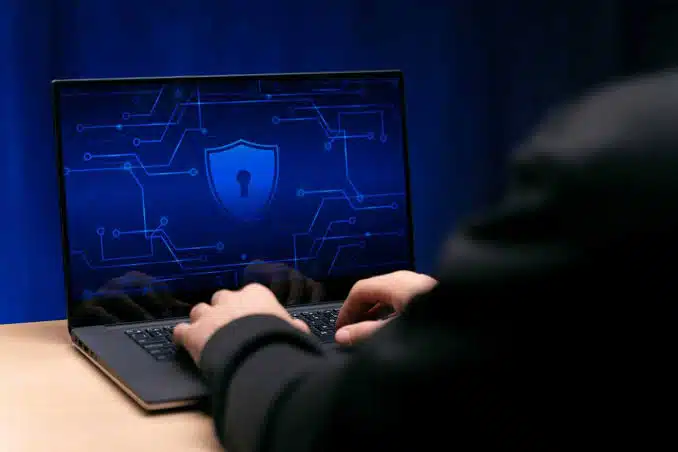
A recent study conducted by cybersecurity firm Kaspersky has unveiled concerning revelations about the vulnerability of passwords to cybercriminals. The findings indicate that a significant 45% of passwords can be cracked in less than a minute, highlighting a widespread security issue among digital users.
Analyzing a vast database of 193 million English passwords, Kaspersky discovered that a staggering 87 million passwords could be compromised swiftly. In contrast, only 23% of passwords would resist cracking attempts for over a year, demonstrating varying levels of security.
To mitigate these risks, Kaspersky strongly advises individuals to adopt stringent password practices. This includes using unique passwords for each online service to prevent unauthorized access in case of a breach. Furthermore, they emphasize the avoidance of easily guessable information like birthdays, names, or common words. Instead, creating complex passwords that incorporate a combination of letters, numbers, and special characters significantly enhances security.
The study also underscores the prevalence of password-stealing attempts, with Kaspersky detecting 32 million such incidents in 2023 alone. This alarming statistic emphasizes the critical importance of maintaining robust digital hygiene practices. Regularly updating passwords and exercising caution in their usage are crucial steps in safeguarding personal information against evolving cyber threats.
Another significant finding reveals that a substantial 57% of passwords contain dictionary words, making them particularly susceptible to brute-force attacks. This practice significantly compromises password security and underscores the urgent need for better password management strategies.
In conclusion, Kaspersky’s research serves as a stark reminder of the imperative for improved password practices. As cyber threats evolve, proactive measures such as creating strong, unique passwords and updating them regularly are essential in fortifying defenses against malicious actors. By adhering to these guidelines, individuals can effectively protect their digital identities and sensitive information from cybercriminals.